Apple has made a change to the handling of Smart App Banners that points users to the Apple ����Vlog app instead of a third-party app when they open a webpage hosted by a ����Vlog+ publisher.
Specifically, Smart App Banners now prompt users to open stories in the Apple ����Vlog app, at least for ����Vlog+ partners currently using the API. As implemented in iOS 13, the Smart App Banner framework allows developers to prompt users to download their third-party apps from the App Store, or to open a corresponding link from Safari.
The change was made in the latest iOS 14 beta, which was released on Sept. 3.
In the most up-to-date iOS 14 beta, the Smart App Banner API or Safari appears to detect ����Vlog+ partner web domains, which triggers display of the modified promotional banner. Smart App Banner code on affected pages is unchanged, suggesting that it's a change to the way Safari handles publisher URLs.
As mentioned, the new banner only shows up for publications that participate in Apple ����Vlog+. Developers may be able to control which banner appears to users — Apple ����Vlog or App Store download — though that isn't clear at this point.
The banner behavior is in addition to a new feature in iOS 14 and macOS Big Sur that automatically redirects users to the Apple ����Vlog app when they click on a ����Vlog+ publisher link. Apple says the feature is designed for user convenience, since an Apple ����Vlog+ subscription doesn't allow users to bypass publisher website paywalls. Some publishers have called the new direction "shady," however.
 Mike Peterson
Mike Peterson
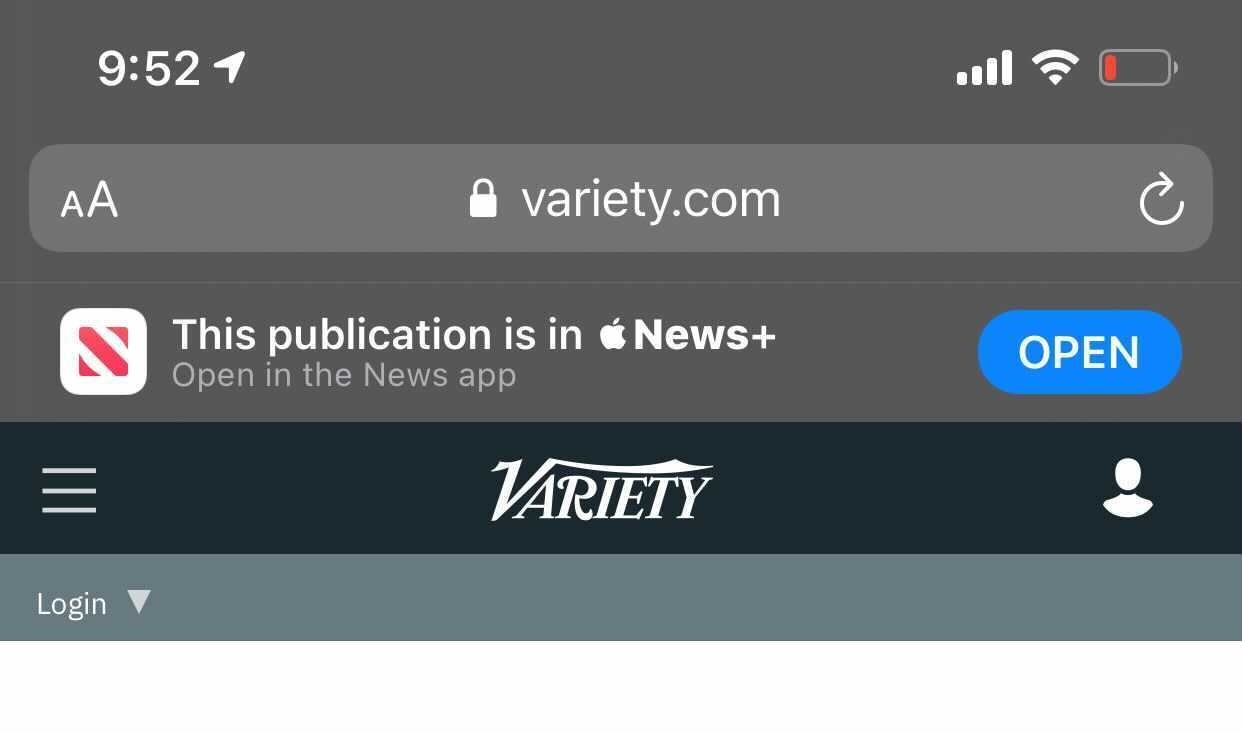

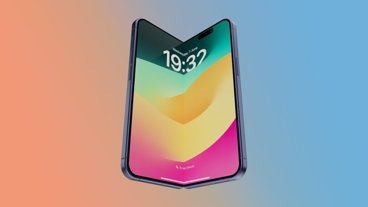

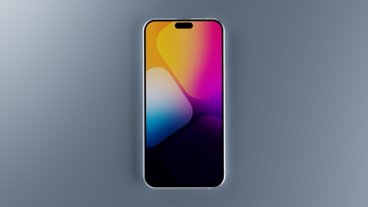
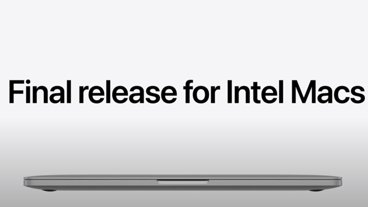


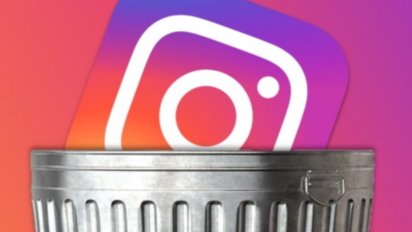
 Andrew Orr
Andrew Orr
 Wesley Hilliard
Wesley Hilliard
 Christine McKee
Christine McKee
 Marko Zivkovic
Marko Zivkovic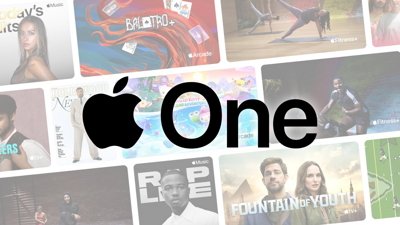
 Malcolm Owen
Malcolm Owen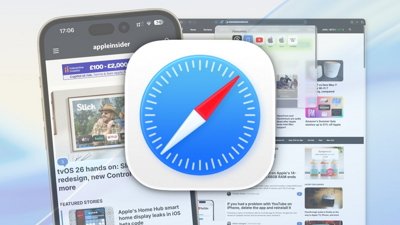
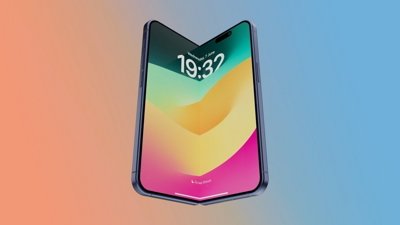



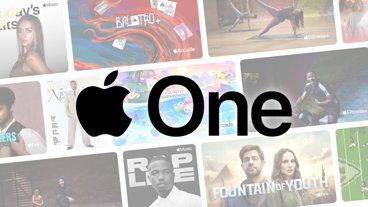
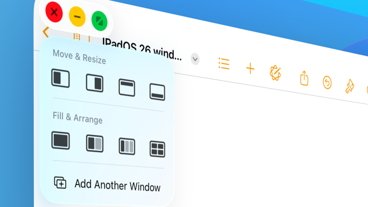



1 Comment
I'm honestly confused why it's considered "shady". Apple is adding a banner that allows users to see the article in ����Vlog+, at which point the article's publisher receives a fee from Apple for the user's access to their article. Why would any publisher complain about receiving money? As a user, my complaint is that sometimes I'm reading an article in Apple ����Vlog+ and a couple of paragraphs into the article there's a line saying that I have to subscribe to the publisher's site for an annual fee in order to finish reading the article. I would call that practice "dishonest" (and I blame Apple for allowing publishers to do that.) Whereas taking me from an external website to a ����Vlog+ paid subscription service not only feels honest it feels brilliant. It makes me feel like I'm paying for the information I'm consuming.